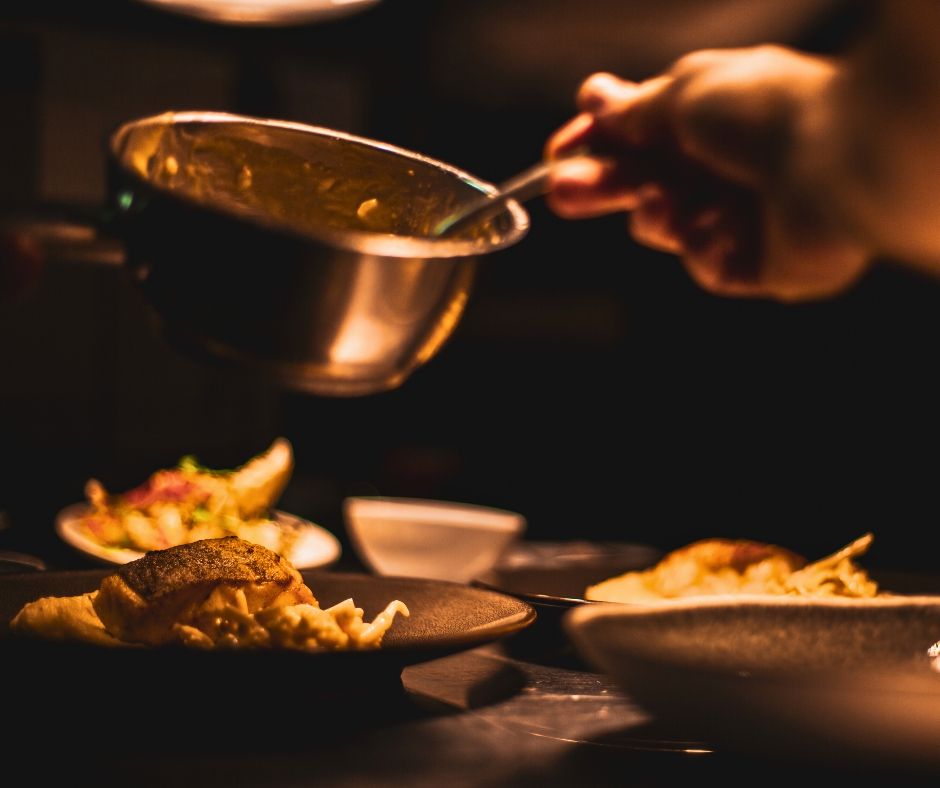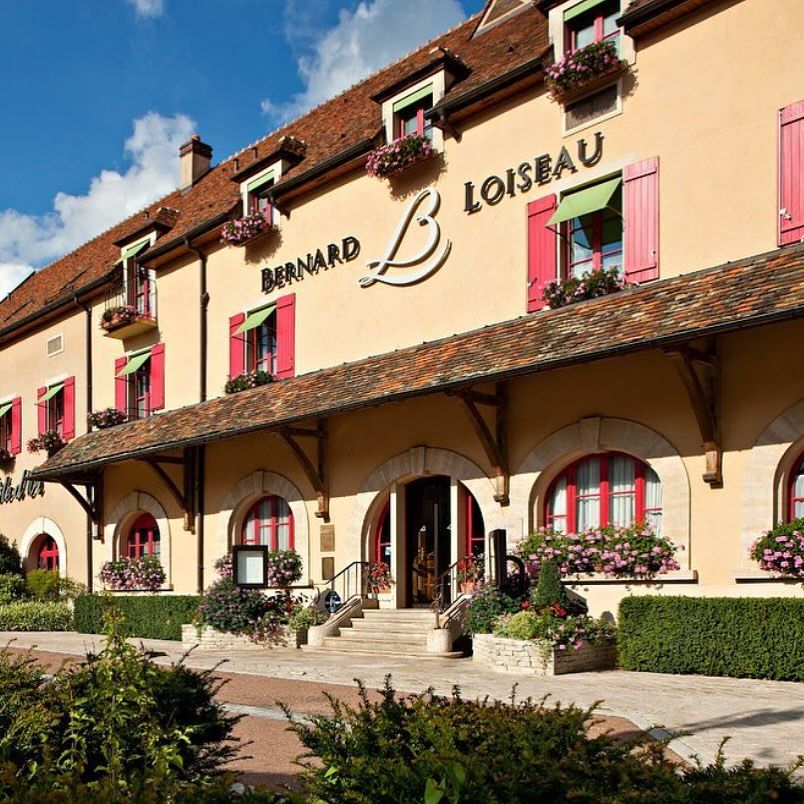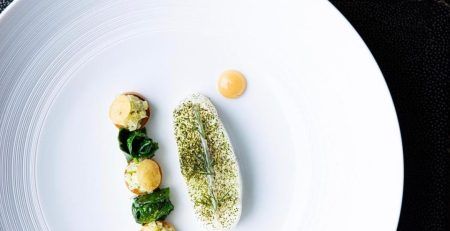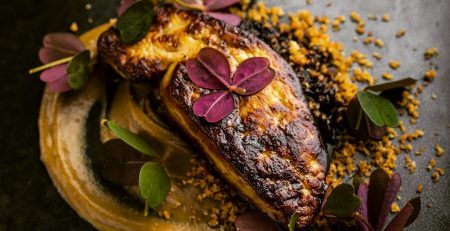The world of fine dining is an exciting adventure for guests, combining craftsmanship, precision, and the taste of talented chefs. However, behind the scenes, a constant pressure looms. Chefs are tasked with meeting the expectations of guests, critics, and maintaining high standards that align with prestigious awards. This creates an extremely demanding and stressful environment within the culinary world. In addition to physical and mental fatigue, chefs often sacrifice their family lives for their professional careers. Opinions and awards give meaning to their work, but sometimes they impact not only restaurants but also the chefs themselves.
In Pursuit of Perfection
Perfection is the ultimate goal for chefs, regardless of their interpretation of it. Each dish is meticulously crafted with attention to detail, balance, and presentation. Years of hard work are dedicated to self-discovery and exploring one’s potential. Recognition, accolades, rankings in top 100 lists, and inclusion in guidebooks become aspirations. The pressure to consistently deliver exceptional culinary experiences can be overwhelming. Striving for awards is one thing, but maintaining them represents another crucial step in a chef’s career.

Maintaining Standards
Consistency is paramount in the realm of fine dining. Chefs must uphold the highest standards in all aspects, including ingredients, techniques, service, and atmosphere. The most coveted ratings are often symbolized by stars or chef hats. International ratings hold significant value as they provide a platform for chefs to showcase their talent to the world and receive global recognition. However, every award has its darker side. Any deviation from the established standards can lead to disappointment from both customers and critics. When master chefs reach the pinnacle of success, even the slightest threat or potential change in rankings, such as the renowned Michelin Guide, can cause a drastic blow to their self-esteem. The burden of adhering to these standards can be enormous and take a toll on a chef’s well-being.
In 2003, French chef Bernard Loiseau tragically took his own life amid rumors that his restaurant was about to lose its Michelin star. The reasons behind the publishing house’s decision to potentially penalize the restaurateur and the eventual outcome of La Côte d’Or’s rating downgrade remain unknown. In the mid-February guide, Loiseau’s restaurant still maintained its three stars. However, the chef had previously experienced a two-point loss in another guide’s rating. The pressures and fears ultimately led to the unexpected end of the career of this culinary star from the 80s and 90s.

Photo: Instagram bernardloiseau
High-Stakes Competition
Competition within the foodservice industry is fierce. Chefs constantly strive to become culinary visionaries, fearing being overshadowed or left behind. This constant pressure to push boundaries while meeting the expectations of demanding customers can become a mental and emotional burden. Benoit Violier, a highly regarded chef and restaurant owner, also succumbed to the pressure of perfectionism. On January 31, 2016, just hours before the Red Guide’s ranking announcement, he tragically took his own life. Later, it came to light that he had experienced the loss of important individuals in his life shortly before. Once again, the culinary world mourned the loss of a true master, renowned for his commitment to perfectionism and innovation. Violier had been the head chef at l’Hôtel de Ville in Crissier, near Lausanne.
It’s difficult to shed light on the quiet conversations that occur behind the scenes. However, it is essential to acknowledge and remember chefs who are no longer with us due to mental exhaustion, despite their previous success. By discussing these issues openly, we aim to prevent further tragedies. We congratulate chefs on their successes, but more importantly, we take pride in their journeys—often winding paths paved with stress, hard work, and sacrifices. The path to the top is a personal one, where “guides” don’t necessarily lead, and “stars” don’t necessarily illuminate the finale. It is a path that involves the chef, their team, and the people who support them, with or without rewards.
Recognizing the challenges faced by chefs, the culinary industry is gradually acknowledging the importance of mental health and work-life balance. The issue of work-life balance holds significant importance. Moreover, more initiatives are being implemented to promote well-being, stress management, and supportive work environments to alleviate the pressure on chefs. Creating spaces for open dialogue, encouraging self-care practices, and providing opportunities for professional development and support networks are steps taken to address these concerns.
https://www.theguardian.com/world/2016/feb/01/worlds-best-chef-benoit-violier-found-dead
https://www.mashed.com/651148/the-tragic-death-of-celebrity-chef-bernard-loiseau/









